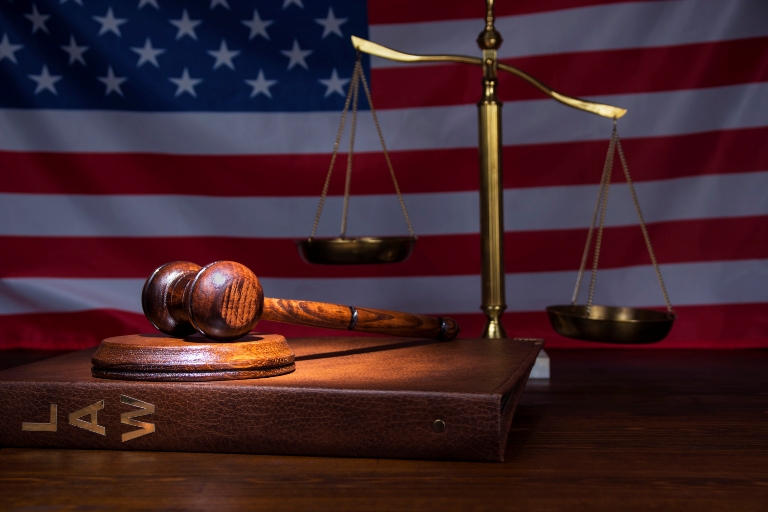
More businesses are suing Yelp to unmask anonymous users, reports the Wall Street Journal. One such case is heading toward the Virginia Supreme Court this month.
As Angus Loten reports:
The Federal Trade Commission has received more than 2,046 complaints filed about Yelp from 2008 through March 4, according to data reviewed by The Wall Street Journal, following a Freedom of Information Act request. Yelp shares fell 5.7% in Wednesday trading, after the tally was posted on FTC.gov.
Most of the complaints are from small businesses that claim to have received unfair or fraudulent reviews, often after turning down a pitch to advertise on the site, according to a separate spreadsheet of complaints to the FTC about Yelp, reviewed exclusively by the Journal. For instance, a business owner in Montclair, N.J., whose name was redacted said: “I was contacted by a Yelp salesperson to advertise, which I declined, and since have only had negative posts on their site.”
The proliferation of anonymous writers online is the result of Section 230 of the Communications Decency Act, which frees website owners from any responsibility for what users post on their sites. Critics of the law, passed in 1996, say it has not kept up with the widespread use of the Internet. Free speech advocates also support anonymity online. As the WSJ observes, such cases are increasingly the topic of lawsuits.
Recently the New York-based hedge fund, Greenhorn Capital took legal action to reveal the identity of an anonymous blogger at an investor website. Like many such companies, they plan to sue.


